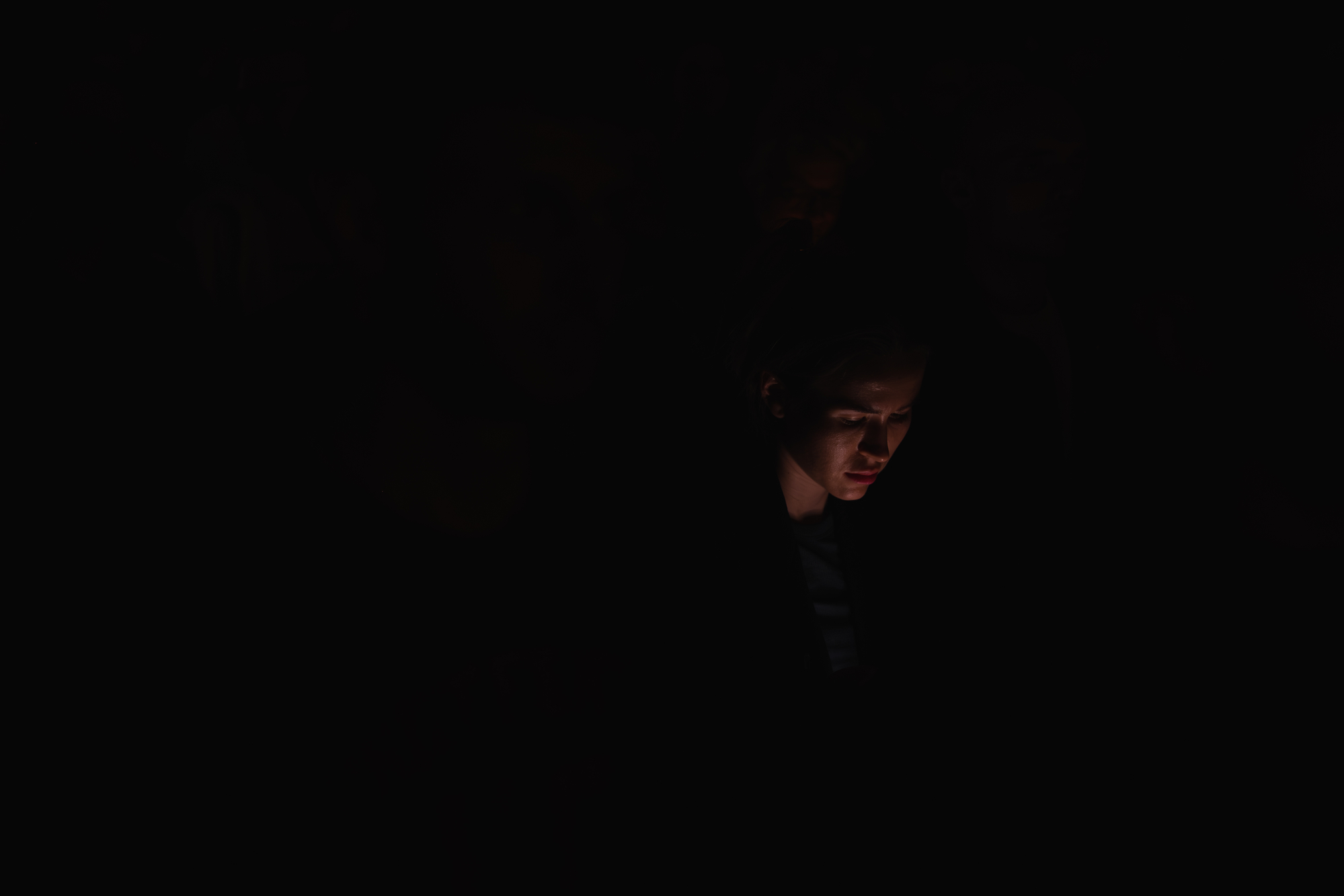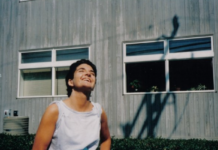EDITOR’S CORNER
If you’ve been following the news over the last week or so, you’ve likely read of Zoraya ter Beek, the young Dutch woman recently approved for euthanasia on the grounds of mental suffering.
 As a story in The Guardian explains, Ter Beek has struggled — with trauma, depression, anxiety and more — since childhood. None of her treatments worked. Not medication. Not 30 sessions of ECT. After all of that, she’s still suffering, so why wouldn’t she want to die? Why wouldn’t she want a way out, even as she acknowledges anticipatory guilt over the pain she’ll be causing her family?
As a story in The Guardian explains, Ter Beek has struggled — with trauma, depression, anxiety and more — since childhood. None of her treatments worked. Not medication. Not 30 sessions of ECT. After all of that, she’s still suffering, so why wouldn’t she want to die? Why wouldn’t she want a way out, even as she acknowledges anticipatory guilt over the pain she’ll be causing her family?
It’s hard — no, impossible — for me not to recall my beautiful sister Lucy, who was just two years older than Ter Beek when she left this world by suicide after far too many years of struggling. None of Lucy’s treatments worked. Not medication. Not her many sessions of ECT.
But what I realized, belatedly: Those treatments only made things worse. As I’ve written about before, they only caused her more pain. The suicide attempts, manic episodes, depersonalization, ants crawling up and down her legs, more than a dozen hospitalizations — all of that occurred after she was put on drugs, initially for depression, and then routed into a system that diagnosed and drugged her more. And more.
Lucy died in 1992. Too little has changed since then, as Ter Beek’s tragic story shows. What also hasn’t changed is the notion of suicide as some kind of a rational “choice,” which a well-meaning friend expressed to me after my sister’s death. As I said then and say for the bajillionth time now, suicide is never a choice; it’s an action taken by someone trapped in interminable darkness who can’t see any other escape.
The word “choice” implies options. Something plural, not singular. Something a person selects from a list of other possibilities. But when a person takes their own life, they don’t envision options. They’re not even choosing between life and death, because life itself is unseeable and unknowable inside that pit of darkness.
What they need is the smallest glimpse of light — a spark of something that suggests yes, there can be a tomorrow, there can be recovery, there can be life, if only one heartbeat at a time. And too often, that glimpse never enters the pit. They can’t see any exit aside from death, especially after years or even decades of treatment.
Since the announcement, Ter Beek has suffered extreme blowback from around the world, with some folks even saying she’ll go to hell. I am not one of those people. Yes, I feel profound empathy and sadness for her loved ones, who will spend the rest of their lives grieving. But I also feel profound empathy and sadness for her, because she feels there’s no other way. Maybe she was never given any real alternatives to the drugs and ECT, and maybe she was never informed of their harms. My sister wasn’t. Too many aren’t.
So no one should disparage Ter Beek or drag her over the coals. Let’s regard her only with compassion — with comprehension of all of her suffering, and all the many failed treatments that likely made that suffering worse.
If we want to point fingers, let’s consider the system. And condemn that instead.
—Amy Biancolli, Family Editor
***
More from Mad in the Family
More Editor’s Corners















Thank you for writing this. You are absolutely correct. The system itself is sick.
I wonder how many of the people who disparaged Ter Beek are the same people who make disparaging comments about “borderlines” (which Ter Beek was also diagnosed with) and “the mentally ill” in general. Do these people ever stop to consider what it’s like to seek help and in return receive extremely harmful “treatments”, dehumanizing and hope-destroying labels, and finally a collective shrug from the system that caused so much additional damage on top of the person’s original trauma?
If the public wants better outcomes, it should look to the system itself and stop scapegoating patients every step of the way.
Report comment
Well said, KateL
Report comment
I’ve been suicidal many times. Lately, I’ve been reading articles here at MIA about suicide. Maybe it’s not healthy for me to do that. There was a guy here where I live that from what I’ve heard talked about killing himself and pulled it off. He wasn’t the first since I’ve been here to commit suicide. There were 3 or 4 things that kept me from trying to commit suicide. For starters I wanted it quick and painless and that didn’t leave me very many options. Even if it was quick and painless, I wasn’t sure how it would affect the afterlife. There was also the concern over what would happen if I failed the attempt. I didn’t really give a damn about my parents or how they would feel about it. In a way, I hated them for all the crap I went through in the mental hell system. Anyone related to me that could have done anything to stop the relentless forced “medical treatment” was as far as I was concerned AWOL to the suffering. The people that I had a hard time over looking were the kids. How would my brother’s wife explain to the kids why their uncle Jason killed him self? How in the world is that going to compute for a kid? I kept telling people that getting readmitted and getting more mental hell drugs was just kicking the can down the road. Such a statement consistently rolled off the psych practitioners like water off a ducks back. Finally, I was able to see a functional medicine practitioner who gave me some tests and some targeted supplements. I was able to get OMT sessions. I was also able to see a psych practitioner who lowered some of the drugs. Digging out of the hole of psychiatry is not over but the light at the end of the tunnel has become a lot brighter.
Report comment